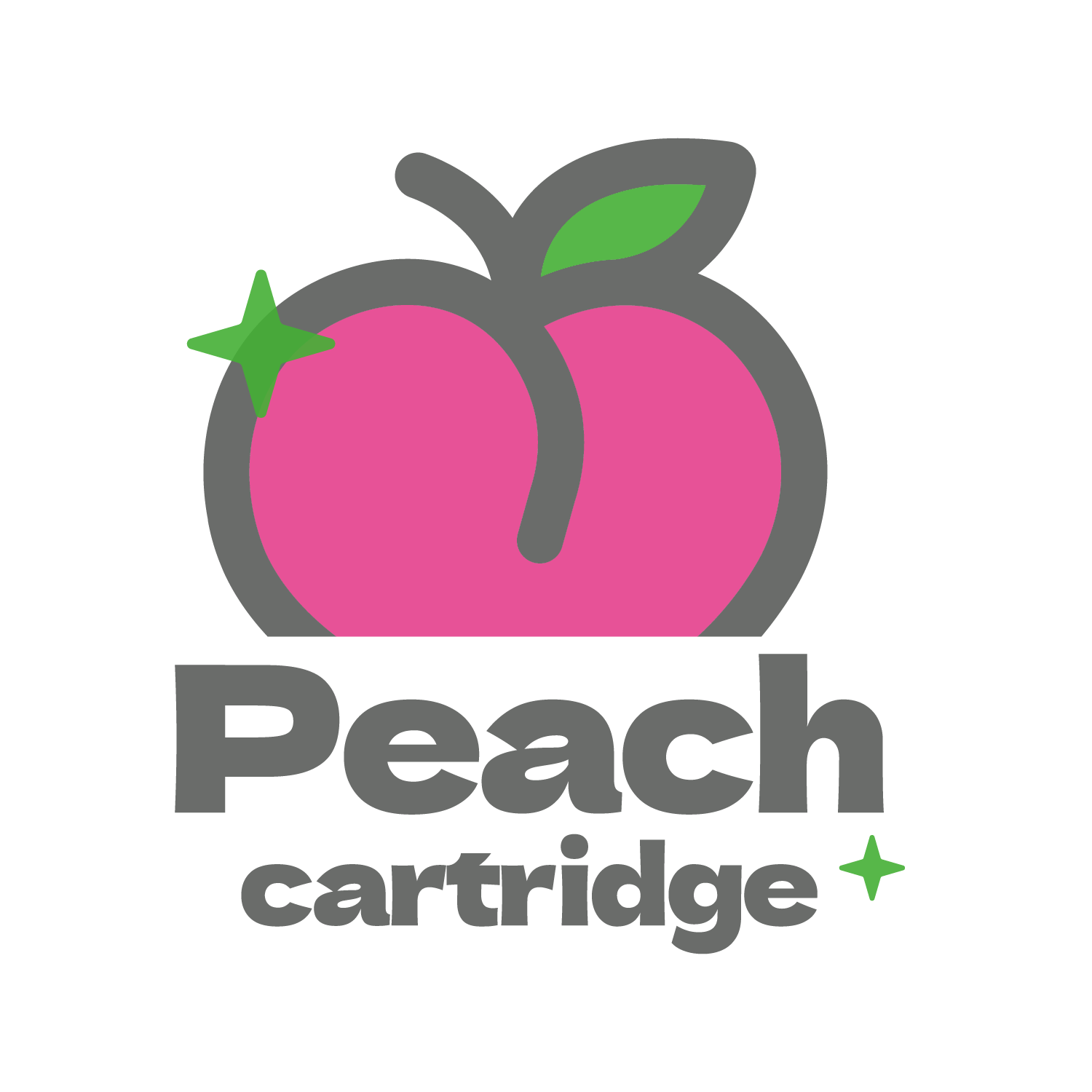Permanent makeup tattoo machines have revolutionized the beauty industry by providing a lasting alternative to daily makeup routines. They insert pigment into the skin, creating long-lasting makeup effects. Unlike regular tattoo machines, they offer precision and a genuine appearance, crucial for cosmetic purposes. These devices can enhance eyebrows, define lips, and mimic blush or eyeshadow.
A: Advancements in Permanent Makeup Machines: Safety, Hygiene, and Precision
Permanent makeup machines have advanced in safety, hygiene, and user-friendliness. They now resemble pens and use rotary technology, providing better control and visibility for artists. These improvements improve outcomes and ensure comfort for technicians and clients. Selecting the right machine is vital for efficient procedures and client satisfaction.

II: Key Takeaways
- Permanent makeup machines are specialized tools designed for cosmetic tattooing.
- Their development focuses on precision, safety, and user comfort.
- Choosing the right machine impacts the overall success of the permanent makeup application.
III: Understanding Permanent Makeup Tattoo Machines
Permanent makeup tattoo machines have revolutionized cosmetic treatments, offering precision and durability in application. This section provides an in-depth look at the equipment’s rich history, diverse types, key components, and factors to consider when selecting a machine.
A:History and Evolution
Permanent makeup machines have undergone significant transformation since their inception. Originally derived from traditional tattoo guns, they’ve been refined to meet the specific needs of cosmetic tattooing, focusing on delicate facial features with thinner needles and gentler mechanisms.
B:Types of Tattoo Machines
There are mainly two types of permanent makeup machines:
- Rotary Machines: Known for their quiet operation and precision, rotary machines use a spinning motor to move the needle.
- Digital Machines: Advanced and versatile, digital machines offer fine control over needle depth and speed, often preferred by seasoned artists for intricate work.
C:Components and Functionality
Permanent makeup tattoo machines consist of:
- Motor: Determines the needle’s speed and power.
- Needle Cartridge: Disposable cartridges with needles that come in different diameters and configurations for various effects.
- Control Panel: Allows the artist to adjust the machine’s settings, such as speed and needle depth.
These components work together to deposit pigment into the skin with precision.
C:Machine Selection Criteria
When choosing a permanent makeup machine, artists should consider:
- Adjustable Stroke Length: Essential for versatility in different styles, as seen in machines like the Xion S.
- Speed and Power: Affects the machine’s performance and the artist’s ability to create detailed work.
- Compatibility: The machine should accommodate various needle types and sizes to suit different permanent makeup applications.
IV: Best Practices and Techniques
In the realm of permanent makeup, precision and safety are paramount. This section details critical protocols and methods a technician must employ to ensure optimal results.
A:Preparation and Setup
- Selecting appropriate needles: Depending on the procedure, single-use needle cartridges may vary in size and shape.
- Customizing machine settings: Adjusting RPM (revolutions per minute) to suit the client’s skin type and the desired outcome.
B:Safety and Sanitation
Skin integrity and client safety take precedence during any permanent makeup application:
- Sterilization: Technicians must use autoclave-sterilized equipment or disposable, single-use items.
- Sanitation: Workspaces must be disinfected with hospital-grade solutions before and after each client.
C:Technique and Skill Development
Mastery over the tattoo machine impacts the quality of permanent makeup application. Important facets include:
- Steady hand movement: This dictates the evenness of pigment implantation and line quality.
- Layering color: Building up pigmentation gradually can help to achieve a natural look.
D:Aftercare and Maintenance
Post-procedure care is essential for longevity and prevention of infection:
- Client guidelines: Providing clear aftercare instructions helps ensure proper healing.
- Machine maintenance: Regularly cleaning the machine and replacing parts prevents cross-contamination and ensures consistent performance.
Frequently Asked Questions
A PMU machine is specifically designed for facial cosmetic tattoos with finer needles and a gentler touch, whereas a traditional tattoo machine is more robust, intended for body art and can accommodate various needle configurations.
Tattoo ink is designed to be very vibrant and lasting, while permanent makeup ink is typically made to appear more natural on the face, with pigments that are formulated to fade over time to allow for adjustments in style and color.
Brands like Microbeau with their Flux S PMU machine are recognized for producing some of the best machines that are wireless and designed for precision in permanent makeup applications.
The primary differences lie in composition and purpose; permanent makeup inks are created to mimic natural features by utilizing more diluted pigments that fade naturally, unlike tattoo inks which are intended to make a bolder, more permanent statement.
A PMU machine operates at a lower power and offers more precise control to create the delicate and intricate designs needed for facial features, whereas a traditional tattoo machine offers more power and is built to handle larger needle groupings for body tattoos.
Yes, a PMU machine can be used for traditional body tattoos; however, it requires a professional who understands the limitations and the right techniques, as PMU machines are less invasive and have differing power outputs compared to traditional tattoo machines.



